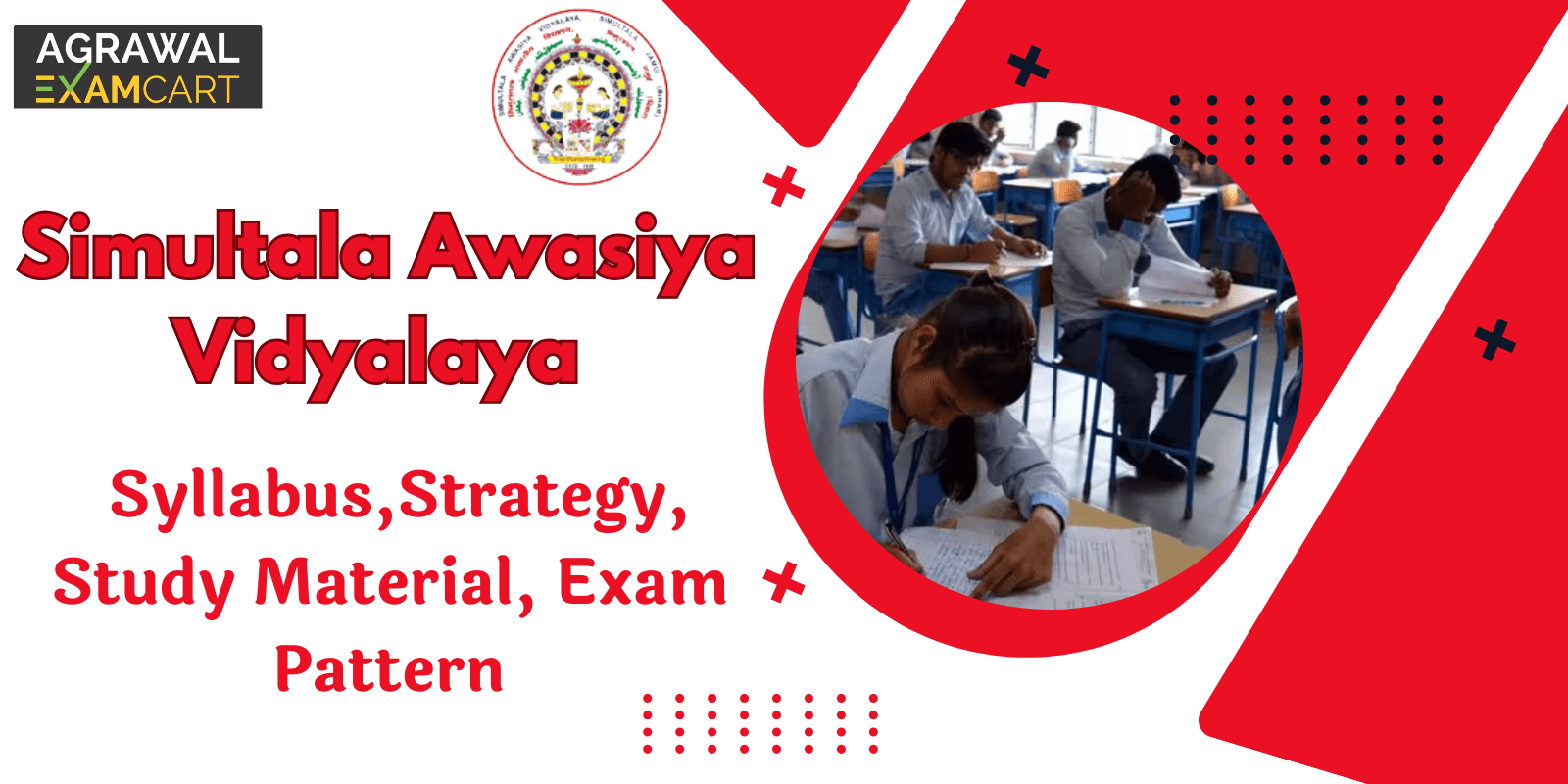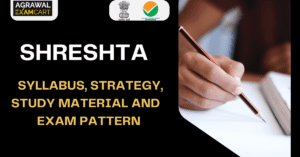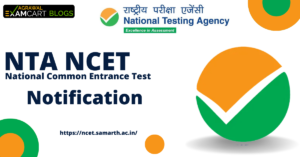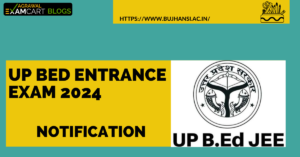Who doesn’t want a quality and inexpensive education for their children? And Simultala Awasiya Vidyalaya Exam provides you the opportunity by which any parent especially the economic weaker section can avail the low-cost and quality education. The Bihar School Examination Board (BSEB) conducts the SAV entrance exam every year for the admission of children in class 6th & 11th. In order to sit in the exam and to perform well, students must have the knowledge of exam paper and its complete syllabus. So, to make it more accessible for you, we are presenting you all the complete details related to the exam preparation like syllabus, exam paper pattern, notes, tips, etc.
- Simultala Awasiya Vidyalaya Exam Pattern
- Simultala Awasiya Vidyalaya Exam Syllabus Class 6
- Simultala Awasiya Vidyalaya Exam General Science Syllabus
- Simultala Previous Year Solved Paper
- Simultala Awasiya Vidyalaya Exam Preparation Tips
- How Useful Simultala Awasiya Vidyalaya Exam Notes are?
- Simultala Awasiya Vidyalaya Exam Books
- Simultala Awasiya Vidyalaya Exam FAQs
Simultala Awasiya Vidyalaya Exam Pattern
The BSEB conducts the Simultala Awasiya Vidyalaya in two phases i.e. Pre and Mains for class VI. So, both exam patterns are given below.
Pre Exam for Class 6th
- There will be 2 papers.
- The exam will be of Objective Type.
- Lastly, the time period will be 02 Hrs. 30 minutes.
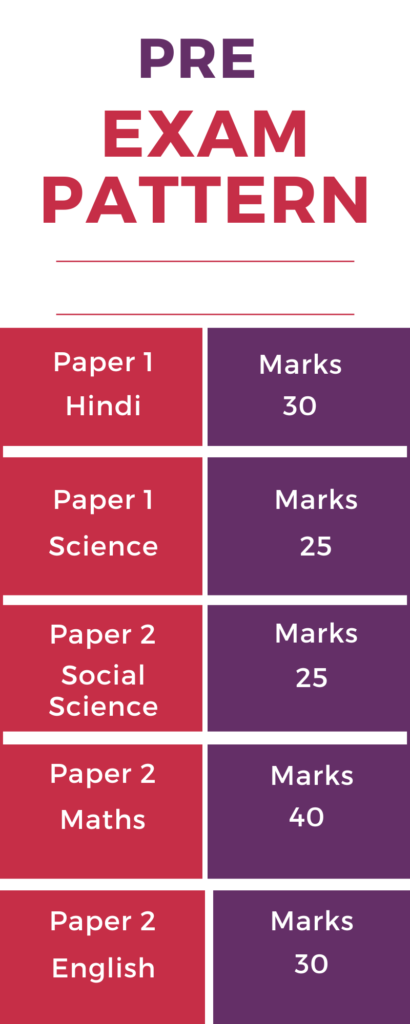
Mains Exam for Class 6th
- Apprx. 1200 Candidates are called For Mains Exam.
- There will be 2 papers.
- There will be 2 papers.
- Then, the exam will be of Objective Type.
- The time duration for Paper 1 will be 02 Hrs. 30 Minutes.
- Lastly, the time duration for Paper 2 will be 02 Hrs. 30 minutes.
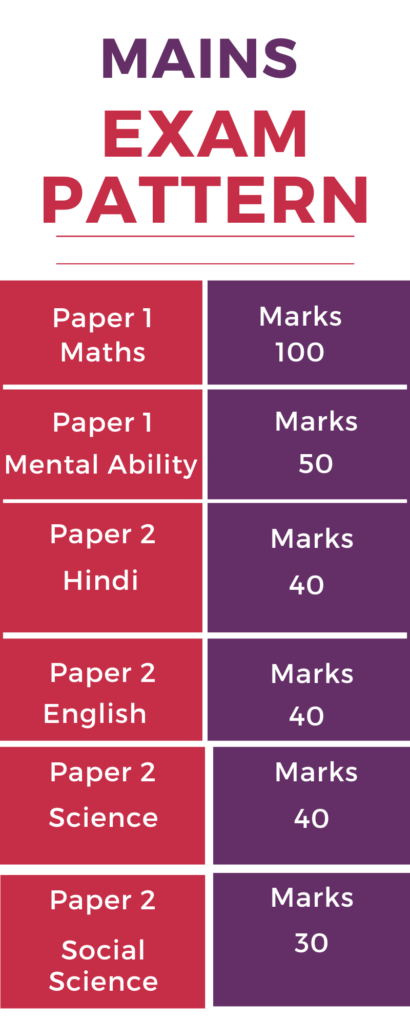
Moreover, to know more about the exams and exam related events check our other article of Simultala Awasiya Vidyalaya Exam 2023.
Simultala Awasiya Vidyalaya Exam Syllabus Class 6
The syllabus of SAV exam indicates important topics to study. In order to pass the exam with flying colours, one should have a firm grasp on all topics. So, understanding of all the topics is very crucial because if you don’t have the idea about the subjects, sub-topics, then you can not clear the concepts resulting in not performing well in the exam. Therefore, for your convinience, we have presented Simultala Awasiya Vidyalaya Class 6 Syllabus-
Simultala Awasiya Vidyalaya Exam Maths Syllabus
- Natural Numbers
- Conversion of Units
- Both LCM and HCF
- Roman Numerals
- Unitary Method
- Types of Angles
- Fractions
- Circle
- Both Ratio and Proportion
- The volume of Cube and Cuboids
- Profit and Loss
- Both Prime and Composite Numbers
- Simplification
- Plane Figures
- Average
- Decimal Numbers
- Percentage
- Both Speed and Time
- Both Area and Perimeter
- Operation on Numbers
- Simple Interest
- Both Complementary and Supplementary Angles
- Both Lines and Angles
- Arranging of Fractions
- Temperature
English Syllabus for Simultala Awasiya Vidyalaya Exam
- Comprehension Passage
- Preposition
- Article
- Vocabulary
- Verbs and Type
- Confusing Words
- Question Tags
- Types of sentences
- Tense forms
- Kinds of Nouns
- Kinds of Pronouns
- Correct Spelling
- Ordering of words in a sentence
- Sentence Formation
- Antonyms
- Synonyms
- Adjectives
- Interjection
- Both Idioms and Phrases
- Collective Nouns
- Number
- Gender
- Adverbs
- Rhyming Words
- Both Singular and Plural
Simultala Awasiya Vidyalaya Exam Hindi Syllabus
- अपठित गद्यांश व पद्यांश
- वर्ण विचार
- शब्द विचार
- वर्तनी शुद्धि
- संज्ञा के भेड़ों की पहचान
- लिंग,वचन, कारक एवं काल
- सर्वनाम की पहचान
- विशेषण की पहचान
- क्रिया
- क्रिया विशेषण की पहचान
- वाकया विचार: रचना, अंग, एवं भेद
- उपसर्ग, प्रत्यय
- संधि
- समास
- श्रुतिसम भिन्नार्थक शब्द
- विराम चिन्ह
- विलोम शब्द
- पर्यायवाची शब्द
- अनेक शब्दों के लिए एक शब्द
- मुहावरे एवं लोकोक्तियाँ
- अनेकार्थी शब्द
- हिंदी गद्य-पद्य एवं रचनाएं और रचनाकर
- विविध: पाठ्य-पुस्तक, पत्र लेखन
Simultala Awasiya Vidyalaya Exam General Science Syllabus
1. Different Types of Scientific Devices Used in Daily Life:
This comprehensive study of everyday scientific devices delves into the functioning, applications, and significance of the devices. in this topic you will also learn about the pivotal role in enhancing our understanding of the world around us.
2. Icons and Symbols of India:
It Includes both National Insignia and National Emblem, Sports, Animal, etc. (Elementary awareness of such symbols)
3. Major Religions of India:
This sub-topics includes the chapters like Elementary awareness about the founder, place of origin, religious books, and lastly important ideas.
4. Art and Culture:
This sub-topic contains all the details related to the Music, Classical and Folk Dance, Renowned Personalities, both Instrumental and Vocal Music, Major Dance Forms.
5. Defense:
It includes the chapters like Equivalent Ranks in three services, Weapons, Aircraft, both Missiles and Warships (Elementary awareness).
6. Sports and Games:
This topic contains many different sub-topics related to both games and sports like (India & World) Renowned personalities, major competitions, and trophies associated with various games.
7. Super Senses:
This topic is sort of related to general science. However, in this you will study about how do plants and animals sense their surroundings.
8. Relationship between Animals and Human Beings:
It includes all the basic concepts related to the ecosystem in which major emphasis is given on the relationship between both animals and humans.
9. Taste and Digestion:
All the basic concepts related to the digestion is covered in this topic which is beneficial from the exam point of view.
10. International Organizations:
Basic knowledge about the structure, functioning, and objectives of the United Nations, World Bank, etc. have been covered in this topic.
11. Indian Literary and Cultural Personalities:
This includes the names and fields of achievements of different personalities who made the India Proud.
Other Major Topics are:
- Both Indian Literary and Cultural Awards
- Cooking and Preserving Techniques
- Both Germination and Seed Dispersal
- Traditional Water Harvesting Techniques
- Then, Experiment with Water on Everyday Life
- Water Pollution and Microbial Diseases
- Concepts on Mountain Terrain and Lifestyle
- Historical Monuments
- The shape of Earth and Gravitation (Basic concepts)
- Non-Renewable Energy Sources (Fossil Fuels)
- Food, Culture, Habitat, Languages, etc. of various regions (Basic concepts)
- Names of young ones of different animals
- Functions of Body Parts of Plants and Animals
- Natural Calamities (both Flood and Earthquake)
- Evaporation, Condensation, and Water Cycle (Basic concepts)
- Life of Farmers (Farming techniques)
- Lastly, Tribal Communities and Forest Produce
Simultala Previous Year Solved Paper
| Paper | Exam Date | Solved Papers Link |
| Pre-Exam Solved Paper | 12-Oct-2023 | View Paper |
| Pre-Exam Solved Paper | 22-Oct-2023 | View Paper |
| Mains-Exam Solved Paper 1 | 22-Dec-2023 | View Paper |
| Mains-Exam Solved Paper 2 | 22-Dec-2023 | View Paper |
Simultala Awasiya Vidyalaya Exam Preparation Tips
Effective exam preparation is key to achieving success in any academic endeavor. In order to excel in your upcoming Simultala Awasiya Vidyalaya exam, you need to adopt a strategic approach. So, here we are sharing some effective tips by which you will be able to prepare and perform well in the exam.
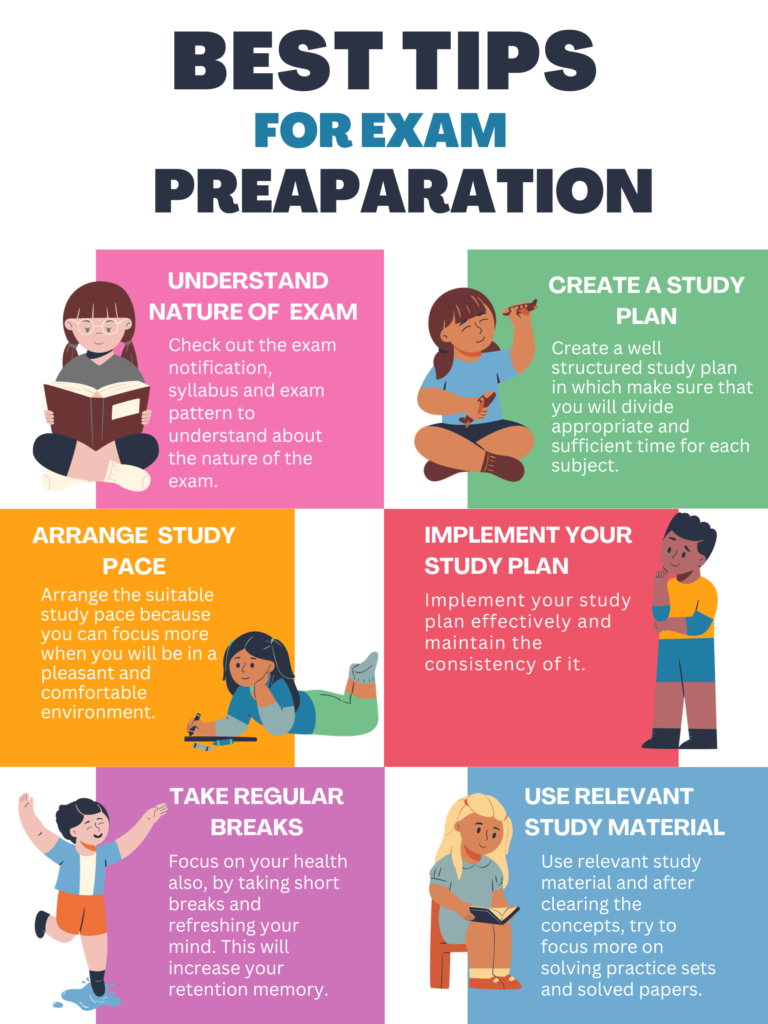
How Useful Simultala Awasiya Vidyalaya Exam Notes are?
Notes play a pivotal role in the educational journey of students at Simultala Avasiya Vidyalaya Exam. This is so because it serve as a dynamic tool for comprehension, retention, and revision of critical concepts. Students can condense complex information into concise, manageable chunks by taking diligent and organized notes. This process not only aids in understanding but also reinforces memory retention. Additionally, well-structured notes act as a valuable reference material, providing quick access to key points and formulas when revising for exams. Moreover, it also encourage active engagement with the curriculum, fostering deeper comprehension and critical thinking skills.
Simultala Awasiya Vidyalaya Exam Books
Students should look for an actively engaging material which provide reinforcement for your understanding. Hence, practicing on regular basis will help you to become familiarize with the exam format and according to that you can test your knowledge. Additionally, seek out various resources like textbooks, practice sets, solved papers, etc. to gain different perspectives on the material. So, given below is the recommendation of best book which will help you in preparing for Simultala Awasiya Vidyalaya
Best Study Guidebook for Class 6
The presented book contains 2800+ Chapter-wise questions from all subjects like General Science, Maths, Science, Mental Ability, Hindi, English. Moreover, this book is useful for class 6th both exams (Pre and Mains). Complete theory is based on the latest syllabus and includes all the updated topics which provides you full coverage. It also helps you to prepare a good strategy by including NCERT textbook theory, so that you can effectively prepare for the exam.
Simultala Awasiya Vidyalaya Exam FAQs
Ans. Simultala Awasiya Vidyalaya is a renowned residential school in Bihar, known for its both high academic standards and rigorous entrance examination process.
Ans. Students who have completed the 5th standard and are seeking admission into the 6th standard are eligible to appear for the SAV entrance exam for Class VI.
Ans. The entrance exam typically covers subjects like Mathematics, Science, Social Studies, and General Knowledge.
Ans. The SAV entrance exam usually consists of multiple-choice questions (MCQs) and may include sections on various subjects.
Ans. The application process generally involves filling out an online form provided by the school, along with the submission of application fees and necessary documents.
Ans. Yes, there may be provisions for reservations based on government policies for specific categories like SC, ST, EBC, BC, and others.
Ans. It is advisable to start early and follow a structured study plan. Moreover, best preparation tips are given in the above mentioned blog.
Ans. Students have to give written exam and then based on merit and availability of seats students get selected.
Ans. SAV offers a range of amenities including well-equipped classrooms, libraries, sports facilities, hostel accommodations, and extracurricular activities.
Ans. The Pre Exam will be conducted on 12/10/2023 (tentatively). Similarly, Mains exam for class 6 will be conducted on 12th December, 2023 (expected).

